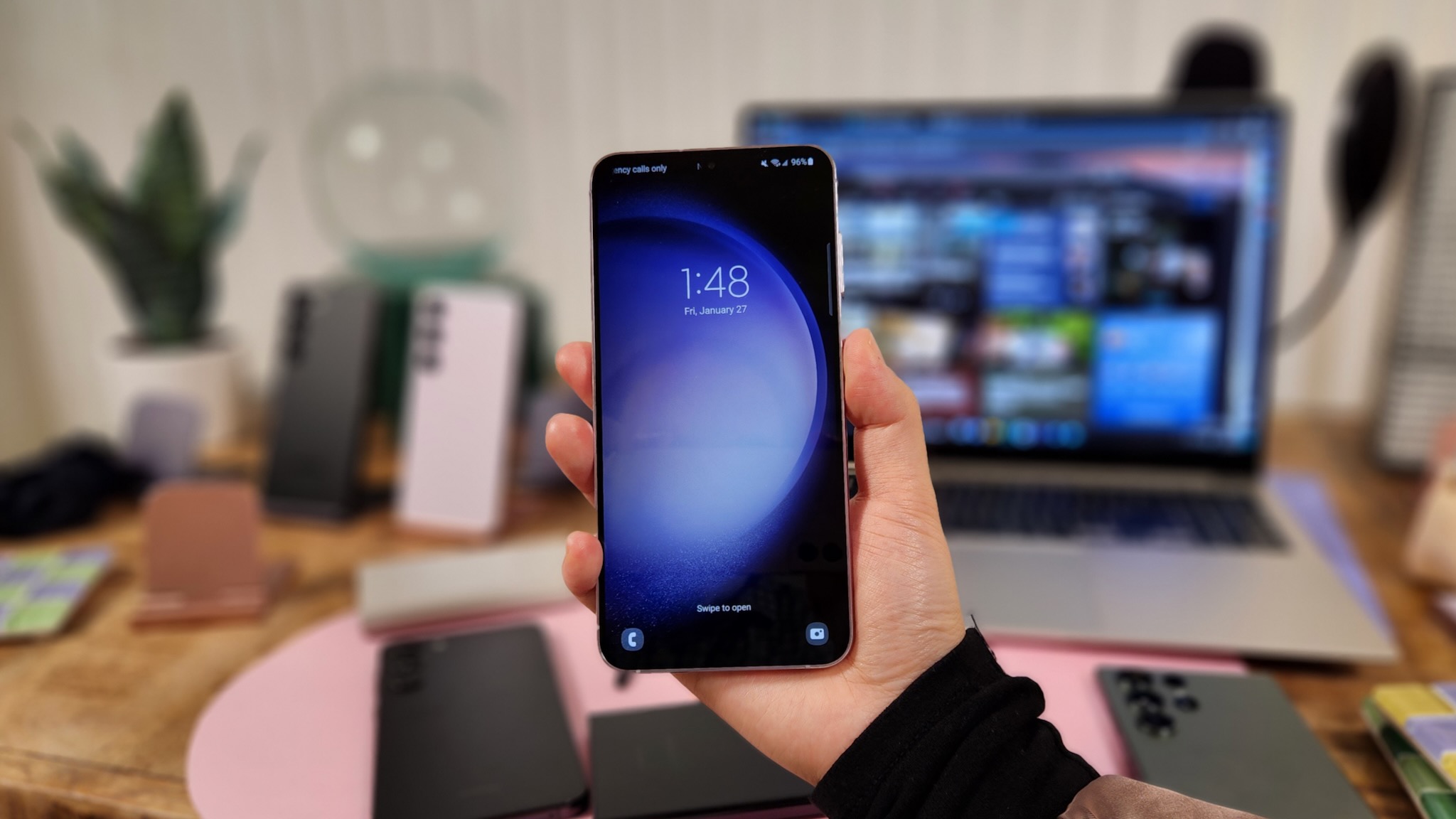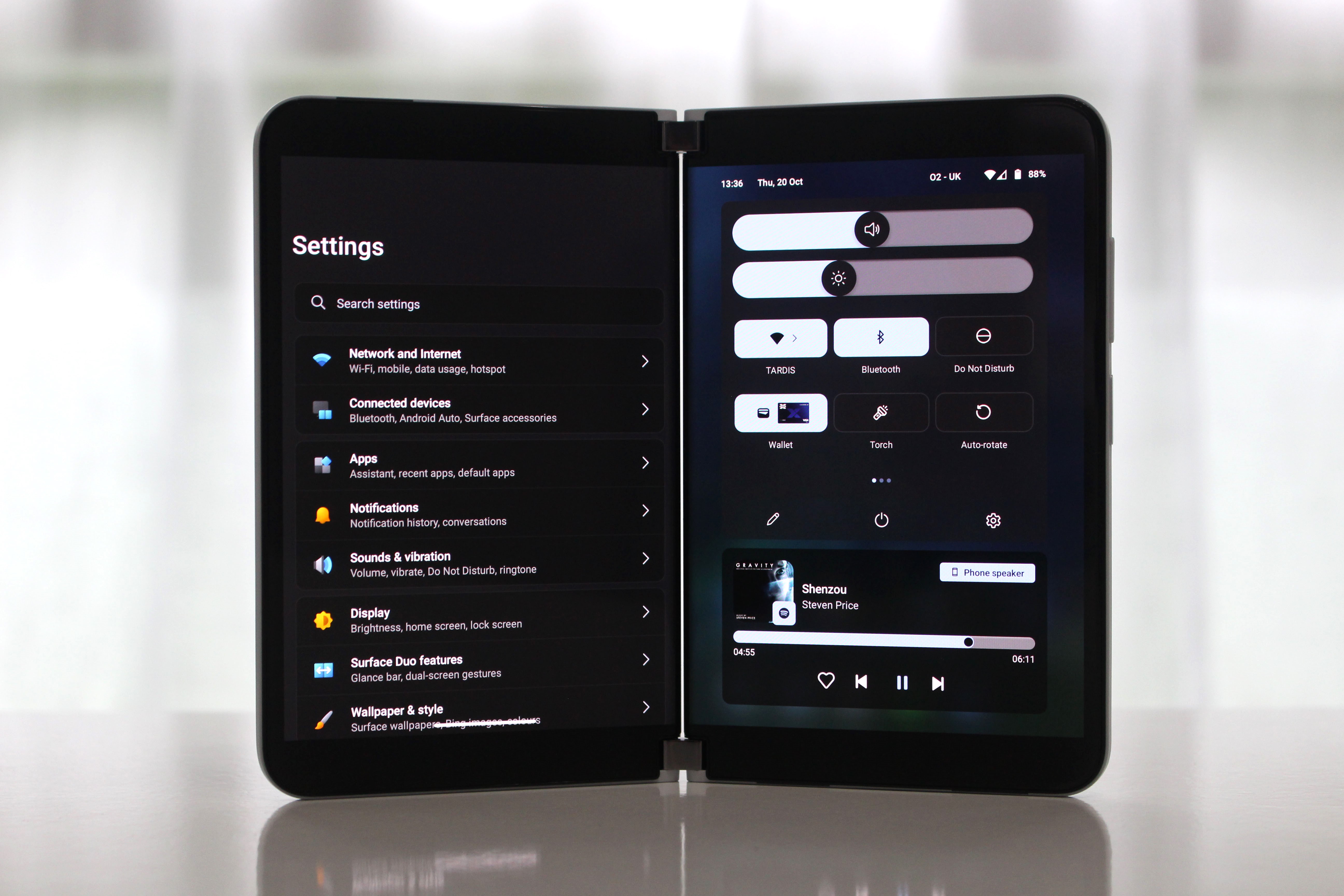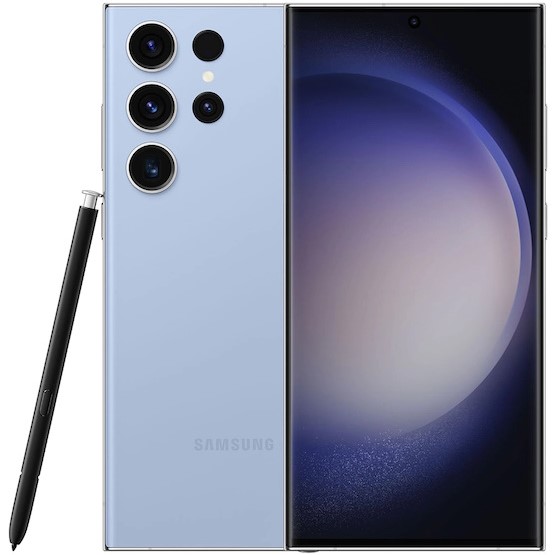Samsung's Galaxy S23 Android OS install is almost twice as big as Windows 11
The war against bloat is seemingly lost.

The war against bloatware seems to have been well and truly lost, at least if you're a Samsung Galaxy user (like me).
One thing that bugs a lot of people about Samsung smartphones is the firm's version of Android. Given how Samsung can't make money from Android app sales on the same scale as Google can with its Play Store, Samsung's version of Android comes with a lot of extraneous bloat as a result. Samsung will sell pre-installation rights to other companies, such as Facebook or Microsoft, in order to improve the operating margins on their phones. That's often why your smartphone or even your Windows laptop comes with pre-installed apps like Facebook, Instagram, or TikTok — those companies paid the manufacturer for the privilege (often to the annoyance of the user). Ahead of the Samsung Galaxy S23 official launch on February 17, 2023, reviewers have offered an insight into how much storage is lost as a result of its OS modifications.
According to reports from users who have received the phone early, the latest version of Samsung's OneUI Android OS installation clocks in around a megalithic 60 GB. By comparison, a fresh Windows 11 installation is around 32 GB. Mine is around 40 GB as of writing. While it's fair to note that Windows 11 does require some additional free storage at all times for installing updates — the installation size of Samsung's Android OS highlights an irritating quirk of Google's Android that is increasingly becoming a problem on Windows 11 too.

Google requires OEMs building Android phones to pre-install all of their services and stores, even if the user has no intention of using them. Furthermore, it's often impossible to permanently remove these apps and services without jailbreaking the phone. I found this particularly annoying on my Surface Duo 2, given that I don't use any Google services whatsoever, and Microsoft has perfectly suitable replacements for everything Google offers.
Indeed — Surface, Samsung, and other Android manufacturers won't make money directly from the use of Google's own services, so we often see companies opt to bake in their own apps on top of Google's. The end result is what we're seeing with the Samsung Galaxy S23, storage space for the end user lost, as Google battles its own OEMs for monetization opportunities.
Windows is typically a little more open, but it's gradually going in the wrong direction. Microsoft preinstalls services like the Microsoft Store, OneDrive, Microsoft Edge, and Cortana, and there's no way to remove them via the typical methods. If you use these services then it's not an issue, but it's particularly irritating if you don't, knowing that you can't get full usage out of the storage device you've paid for due to unremovable apps. Cortana doesn't even work in the UK, yet Microsoft won't let me remove it.
Perhaps it's not fair to compare the situation on Android to Windows directly. Smartphones often have a lot more utility to speak of these days. The Samsung Galaxy S23 is effectively a high-end camera with a smartphone attached, complete with an absurd 200-megapixel sensor. To get the best out of those features, you need a lot of software attached to it. Still, that doesn't excuse Samsung, Google, Microsoft, and other companies that force pre-installed, non-removable apps, vacuuming up gigabytes of storage I could be using for more important things. Like, you know, video games.
Get the Windows Central Newsletter
All the latest news, reviews, and guides for Windows and Xbox diehards.
Regardless, I have my Samsung Galaxy S23 Ultra preorder in and plan to offer some thoughts on it in the near future as a Surface Duo 2 and Galaxy Z Fold 3 user. So stay tuned!

The Galaxy S23 Ultra looks set to take the crown for this year's most powerful, and most potent smartphone, with the fastest CPU, best graphics performance, and most powerful camera. Time will tell if it can deliver on all these promises, though.

Jez Corden is the Executive Editor at Windows Central, focusing primarily on all things Xbox and gaming. Jez is known for breaking exclusive news and analysis as relates to the Microsoft ecosystem while being powered by tea. Follow on Twitter (X) and Threads, and listen to his XB2 Podcast, all about, you guessed it, Xbox!
